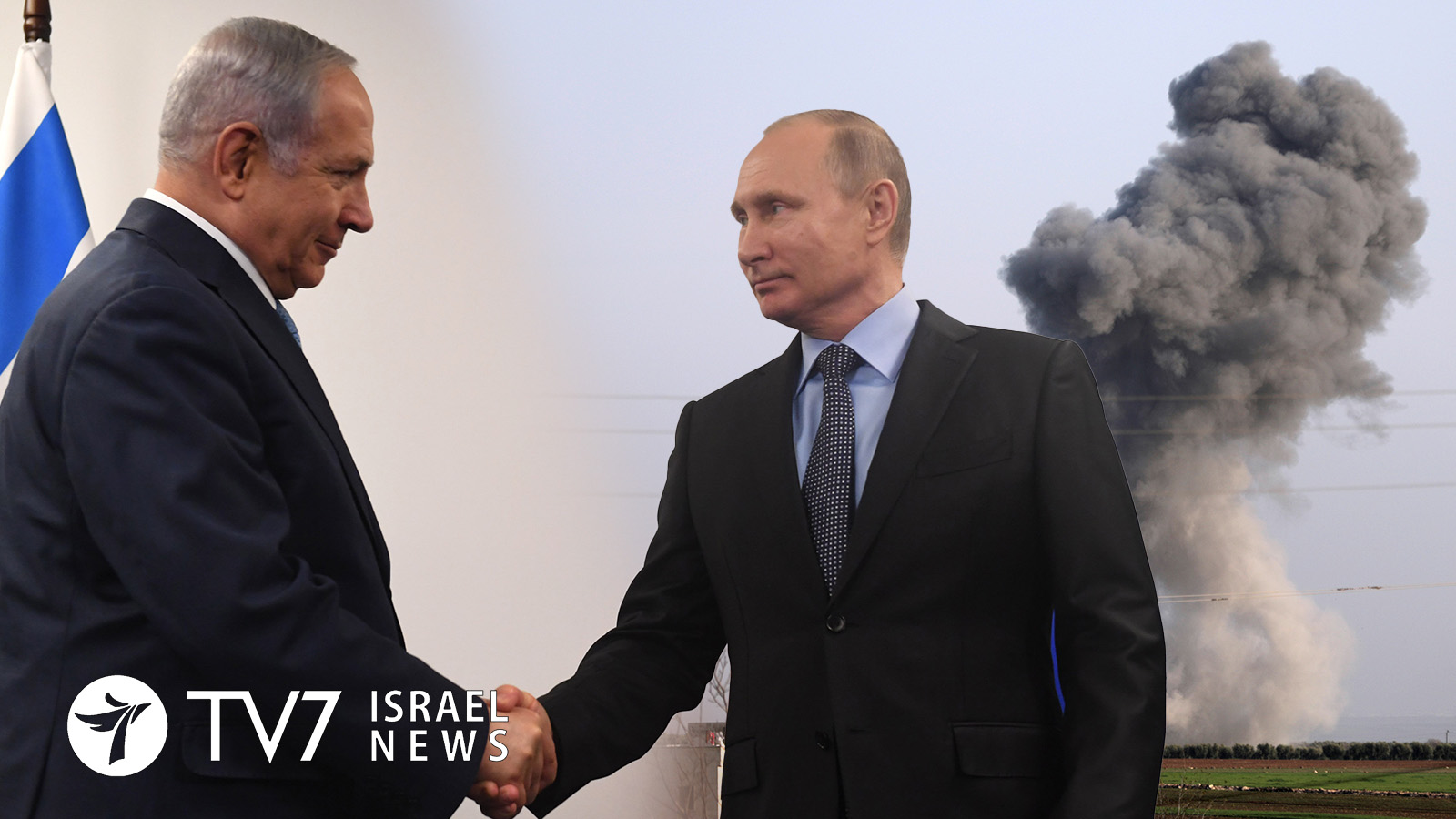Israeli Prime Minister Benjamin Netanyahu spoke by telephone with Russian President Vladimir Putin.
“We discussed our ongoing security cooperation,” Netanyahu later said.
According to a statement obtained by TV7 from the Prime Minister’s Media Advisor, the two leaders “discussed regional issues and the continued coordination between Israel and Russia regarding security developments in the region.”
In addition, Israeli Foreign Minister Gabi Ashkenazi also held a phone conversation with his Russian counterpart Sergey Lavrov.
Israel’s top diplomat remarked that Russia has a vital role to play in preventing Iran’s progression towards nuclear capability, as well as its efforts to entrench itself in the region. Egypt and Saudi Arabia share these same goals, as do many Gulf Arab nations.
Even though Russia did not openly endorse the Abraham Accord peace pacts between Israel with the United Arab Emirates and Bahrain, it was supportive of the normalization process.
In the labyrinth of complex alliances in the Middle East, Jerusalem and Moscow maintain a “coordination mechanism” to avoid inadvertent clashes between their militaries in Syria. The IDF frequently launches airstrikes against Iran’s Islamic Revolutionary Guards Corps and proxy militias in the Arab Republic, such as the Lebanon-based Hezbollah terror group; while Russia, which maintains strong economic and political ties to Iran, has intervened against opposition forces on behalf of the Assad regime.
Israel also remains circumspect over Russian ties to Turkey, amid strained ties between Jerusalem and Ankara in recent years; although the Jewish State is hopeful that Moscow will keep Turkish involvement in Syria in check.
Russia was openly supportive of Israel’s recent normalization deals with Serbia and Kosovo, which will entail the opening of a Serbian embassy to Jerusalem.
The two sides nevertheless differ over the Palestinians. Russia favors a Two-State resolution to the Israeli–Palestinian conflict, and does not consider Hamas to be a terrorist organization. Russia also joined Iran and Turkey in approving United Nations General Assembly Resolution ES-10/L.22 that declared Israel’s designation of Jerusalem as its capital to be “null and void.”
Russia is a member of the Middle East Quartet along with the UN, United States and the European Union, that was founded in 2002 as a forum to work toward advancing the Israeli-Palestinian peace process. The last time Quartet representatives met appears to be in September 2018.
UN Secretary-General Antonio Guterres expressed his belief “that now it will be possible to have a meeting of the Quartet” due to instatement of US President Joe Biden, whose administration is also supportive of a Two-State solution. During an interview broadcast by The Washington Post on 3 February, the UN chief said he would like to see the Quartet hold talks “in the next few weeks.”
“The truth is that we were completely blocked in relation to any form of peace negotiation. We had the Israelis and the Palestinians that wouldn’t talk to each other,” said Guterres, adding, “There is a strong will of the new U.S. administration to play a positive role in creating these conditions for a true peace process to restart.”
The Palestinians want a state in the West Bank and Gaza Strip with east Jerusalem as its capital. They rejected the peace proposal by former US President Donald Trump that recognized Israeli sovereignty over Jewish communities on lands captured from Egypt, Syria and Jordan during the 1967 Six Day War.
